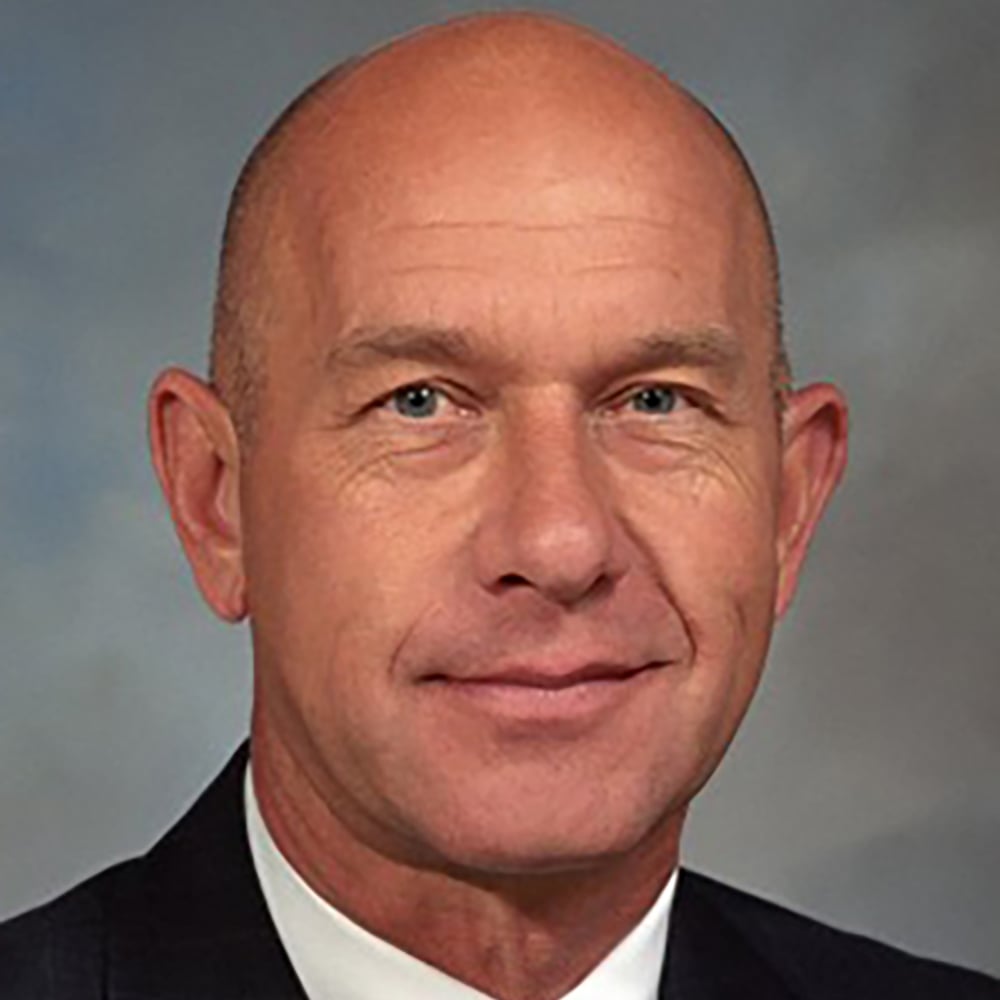Good.
A crook any way you look
A Travis County district judge has ordered Attorney General Ken Paxton and three top aides to sit for depositions in the 3-year-old whistleblower lawsuit against him.
At a hearing Wednesday in Austin, Judge Jan Soifer granted the whistleblowers’ motion to compel the depositions of Paxton; Brent Webster, the first assistant attorney general; Lesley French Henneke, chief of staff at the agency; and Michelle Smith, Paxton’s longtime political aide.
Paxton himself was coincidentally served earlier in the day at a restaurant in Austin, according to a whistleblower lawyer, Tom Nesbitt.
“In this case, I believe the plaintiffs have shown good cause that these four people have unique and superior knowledge of discoverable information,” Soifer said from the bench, adding that the four people were “not just figureheads” but people who knew about issues “at the heart” of the case.
The whistleblowers asked the court last month to force Paxton and his aides to sit for depositions. They said their filing was a last resort after they could not reach an agreement with lawyers for the Office of the Attorney General.
It remains to be seen if Paxton’s side will further fight the depositions. His office’s attorney, Bill Helfand, declined to comment to reporters as he left the courthouse.
“They lost badly,” Nesbitt told reporters after the hearing. “I don’t put anything past Ken Paxton. There’s no limit to the amount of taxpayer money he will spend to hide from accountability, so I’m sure they’ll try some kind of appeal.”
The whistleblowers are four former top deputies — Blake Brickman, Ryan Vassar, David Maxwell and Mark Penley — who sued Paxton in 2020, arguing he improperly fired them after they reported him to the FBI. They alleged he was abusing his office to help a wealthy friend and donor, Nate Paul.
[…]
Soifer ruled against Paxton’s side earlier in the hearing, rejecting their motion to enforce the tentative settlement agreement. It had been their latest effort to effectively shut down the case in Travis County by arguing it was already settled.
They have made that argument despite the Legislature still not approving the $3.3 million, one of the provisions of the agreement.
“It says [it] in plain English,” Soifer said.
When it came to the depositions, Nesbitt argued Paxton’s testimony was especially relevant. His office has publicly said Paxton is the “decision-maker” for the hiring and firing of employees.
“Ken Paxton made these decisions,” Nesbitt said, telling Soifer that it is virtually unheard of for someone to argue in an employment case that the “decision-maker … somehow doesn’t have special knowledge, doesn’t have unique knowledge.”
See here and here for the latest updates. It sounds like the whistleblowers got what they wanted, and based on Paxton’s lawyer’s arguments, they knew it was coming. They took one more shot at claiming that the never-approved settlement agreement meant the case was moot, and had it batted aside. Paxton can appeal this, I presume, and as a big part of his strategy is to delay as much as possible, who knows how that could go. But stories like this give me just a tiny bit of hope that malefactors like Ken Paxton can eventually be held accountable for something.
And this was delightful:
As for Paxton’s deposition, Nesbitt said it was a coincidence that he was served on the same day of the hearing.
“We’ve been trying to find him for a long time,” Nesbitt said. I mean, the dude hides. … And so we finally found him. We got a tip that he was going to be at a restaurant at a particular time.”
Nesbitt did not name the restaurant where Paxton was served. He said Paxton was having “some kind of little holiday lunch” when it happened.
Apparently Angela wasn’t there to haul him away in an escape vehicle. Such a pity all around. The Chron has more.



















